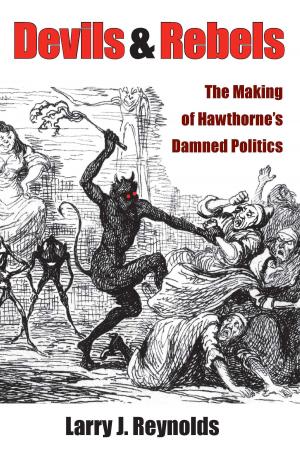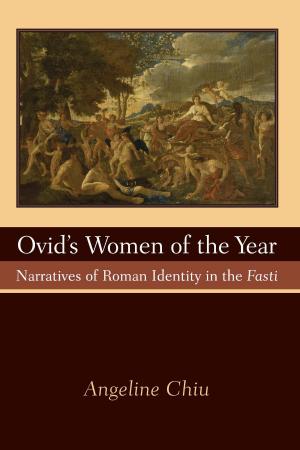| Author: | John D Dillery | ISBN: | 9780472120451 |
| Publisher: | University of Michigan Press | Publication: | April 29, 2015 |
| Imprint: | University of Michigan Press | Language: | English |
| Author: | John D Dillery |
| ISBN: | 9780472120451 |
| Publisher: | University of Michigan Press |
| Publication: | April 29, 2015 |
| Imprint: | University of Michigan Press |
| Language: | English |
Soon after the death of Alexander the Great, the priest Berossus wrote the first known narrative and comprehensive history of his native Babylon, and the priest Manetho likewise wrote the first such history of his native Egyptian civilization. Nothing like these histories had been produced before in these cultures. Clio’s Other Sons considers why that is: why were these histories written at this point, and for what purposes?
Berossus and Manetho operated at the crossings of several political, social, and intellectual worlds. They were members of native elites under the domination of Macedonian overlords; in their writings we can see suggestions that they collaborated in the foreign rule of their lands, but at the same time we see them advocating for their cultures. Their histories were written in Greek and betray active engagement with Greek historical writing, but at the same time these texts are clearly composed from native records, are organized along lines determined by local systems of time-reckoning, and articulate views that are deeply informed by regional scholarly and wisdom traditions. In this volume John Dillery charts the interactions of all these features of these historians. An afterword considers Demetrius, the approximate contemporary of Berossus and Manetho in time, if not in culture. While his associates wrote new histories, Demetrius’ project was a rewriting of an existing text, the Bible. This historiographical “corrective” approach sheds light on the novel historiography of Manetho and Berossus.
Soon after the death of Alexander the Great, the priest Berossus wrote the first known narrative and comprehensive history of his native Babylon, and the priest Manetho likewise wrote the first such history of his native Egyptian civilization. Nothing like these histories had been produced before in these cultures. Clio’s Other Sons considers why that is: why were these histories written at this point, and for what purposes?
Berossus and Manetho operated at the crossings of several political, social, and intellectual worlds. They were members of native elites under the domination of Macedonian overlords; in their writings we can see suggestions that they collaborated in the foreign rule of their lands, but at the same time we see them advocating for their cultures. Their histories were written in Greek and betray active engagement with Greek historical writing, but at the same time these texts are clearly composed from native records, are organized along lines determined by local systems of time-reckoning, and articulate views that are deeply informed by regional scholarly and wisdom traditions. In this volume John Dillery charts the interactions of all these features of these historians. An afterword considers Demetrius, the approximate contemporary of Berossus and Manetho in time, if not in culture. While his associates wrote new histories, Demetrius’ project was a rewriting of an existing text, the Bible. This historiographical “corrective” approach sheds light on the novel historiography of Manetho and Berossus.















